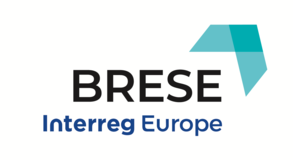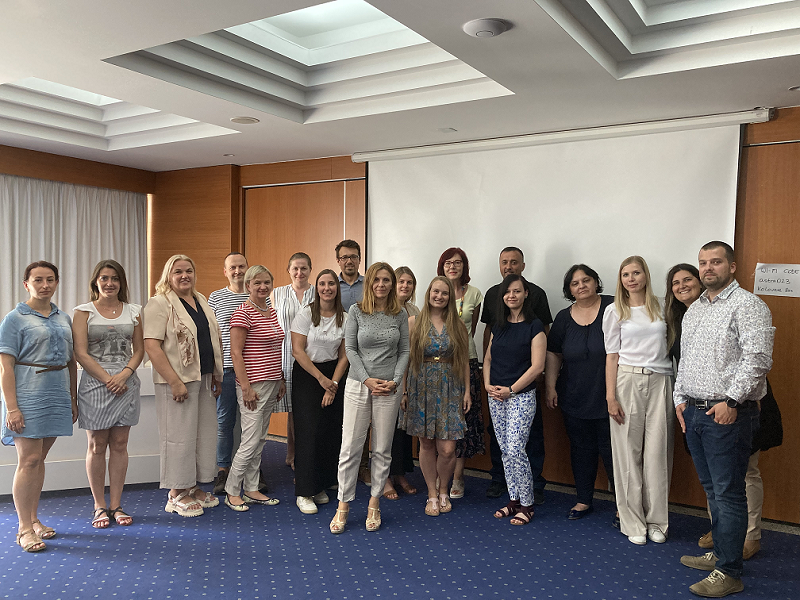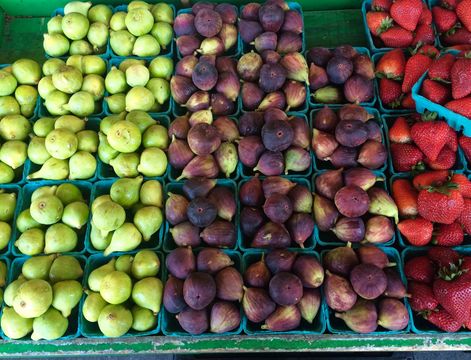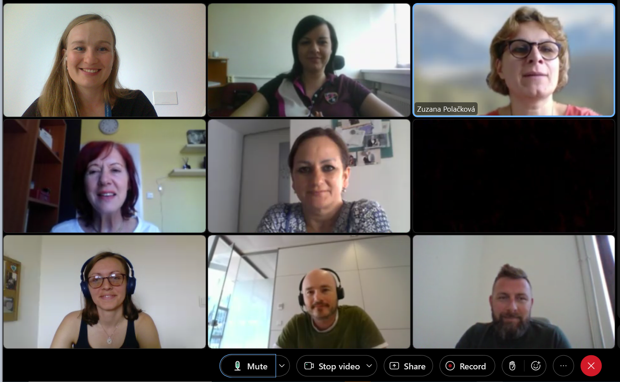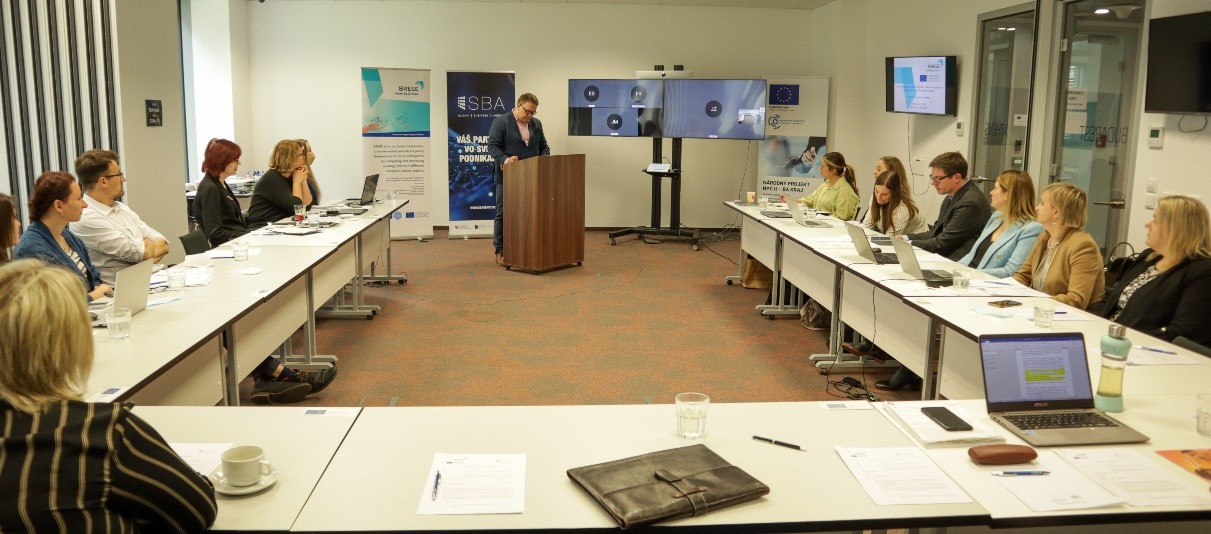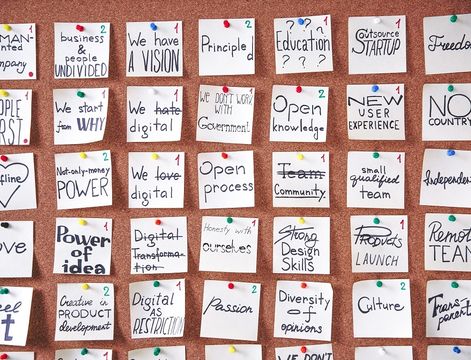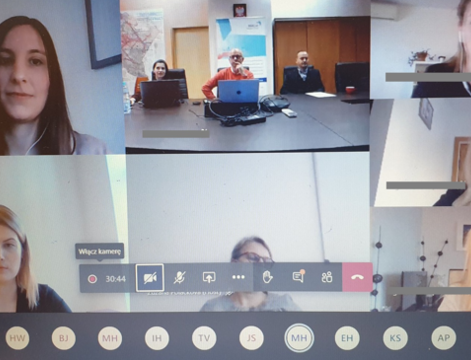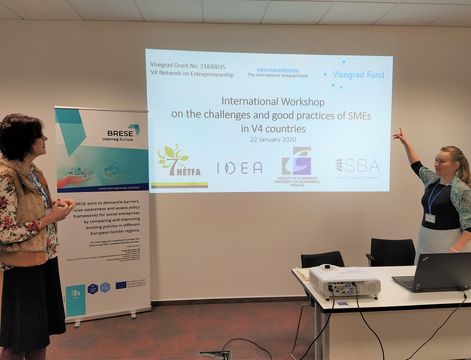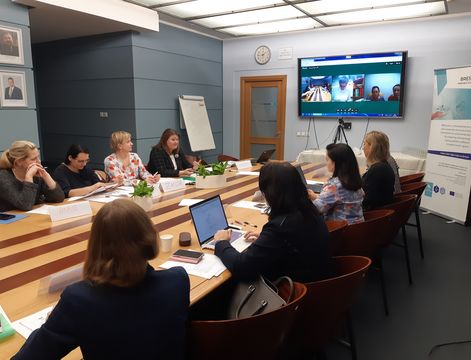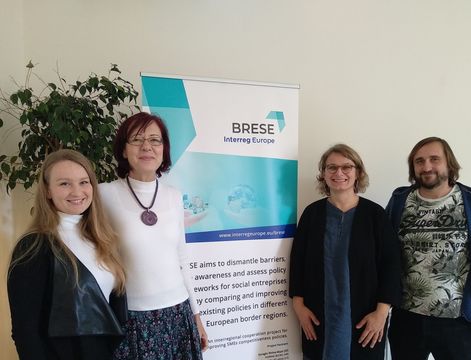On 27 November 2019, the official Kick Off event of the Interreg Europe project "BRESE - Border Regions in Europe for Social Entrepreneurship" took place. The project, in which the Euregio Rhine-Waal has taken over the role of lead partner since 1 August 2019, aims to dismantle barriers for social enterprises and improve regional funding instruments. To this end, the existing political framework conditions and funding instruments in different European regions will be compared and best practices exchanged. Partners in the consortium are the Euregio Rhine-Waal, HAMAG-BICRO (Croatia), the Ministry for Environmental Protection and Regional Development of the Republic of Latvia, the Slovak Business Agency, Rzeszow Regional Development Agency (Poland) and the University of Latvia.
Sjaak Kamps, Managing Director of the Euregio Rhine-Waal, opened the event and welcomed the present project partners and stakeholders from the European partner regions and the guests from the Euregio Rhine-Waal. Sina Hoch, project coordinator of the BRESE project, also welcomed the attendees and underlined the added value of the cooperation: "So far, social enterprises have unfortunately received very little attention in our cross-border policy instrument. The BRESE project therefore offers us the unique opportunity to work together with European partners and to learn from other regions which already have some more initiatives to support social enterprises".
Strengthen social enterprises in European regions and raise awareness of the potential of these enterprises.
Social enterprises combine entrepreneurial activities with achieving positive social or environmental impacts; profits are reinvested in order to achieve these goals. They represent a new type of enterprises and have proven their ability to contribute to inclusive growth and meeting social challenges. Already today, social enterprises account for 10% of the European economy and one in four newly created enterprises in the European Union is a social enterprise. However, social enterprises often face regulatory barriers, difficulties with access to adequate financing and a lack of awareness of their potential. Since there is no universal, uniform definition of the term "social enterprise", have to compete with traditional enterprises. The BRESE project aims to dismantle these barriers for social enterprises, to raise awareness of their social and environmental potential and to optimise the existing framework conditions and funding programmes for social enterprises by comparing the instruments and initiatives of different European border regions with each other. In doing so, the project will also identify best practices and their potential for transfer.
At the end of the BRESE project, five regional action plans with concrete measures and recommendations on how to improve regional policy instruments with regards to social enterprises will be developed and implemented in the second project phase. The results of the project will be disseminated at European level and will provide input for other European regions on how regional funding instruments could be better adapted to the needs of social enterprises.
The BRESE Project partner are looking forward to a successful cooperation!
